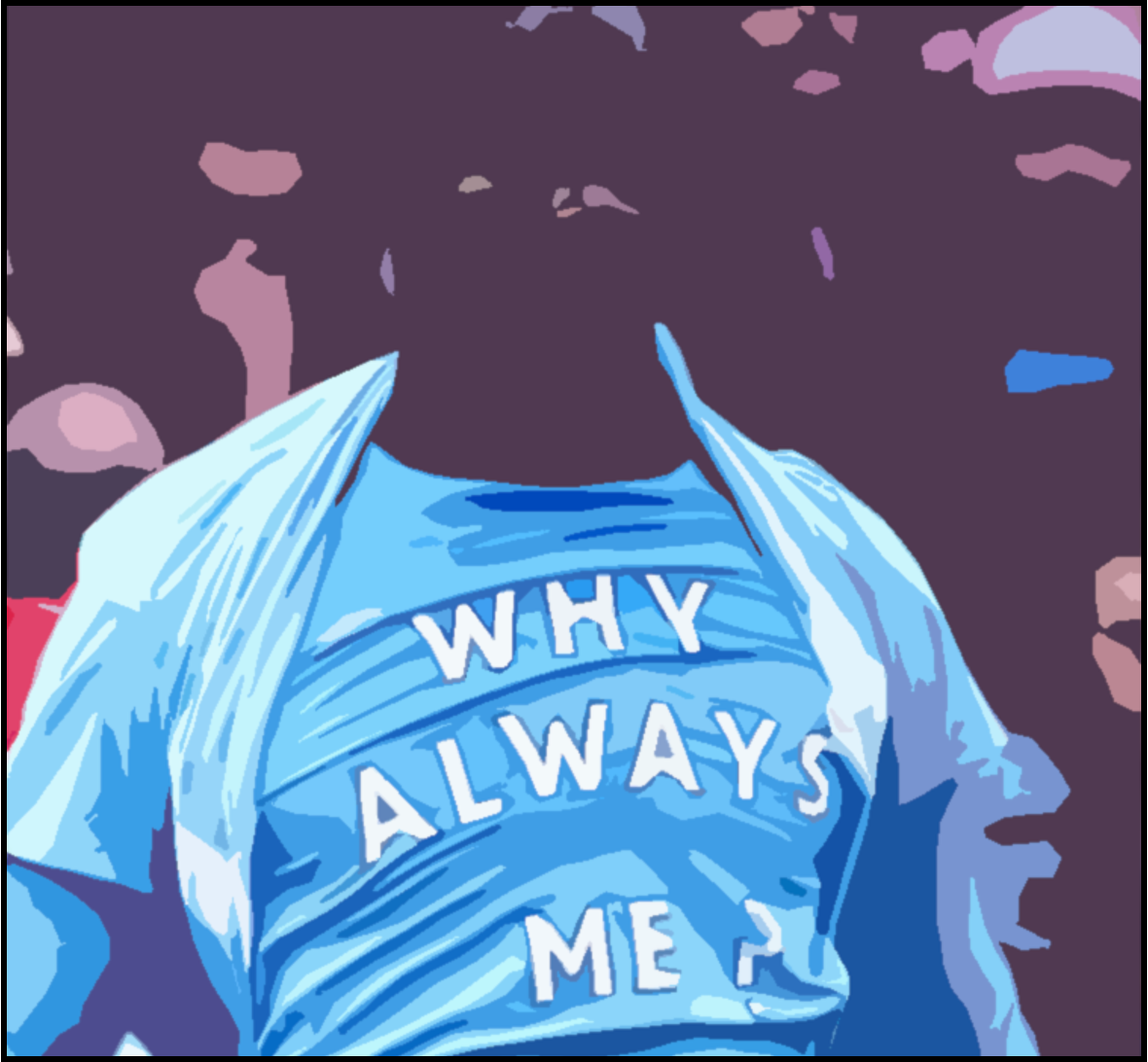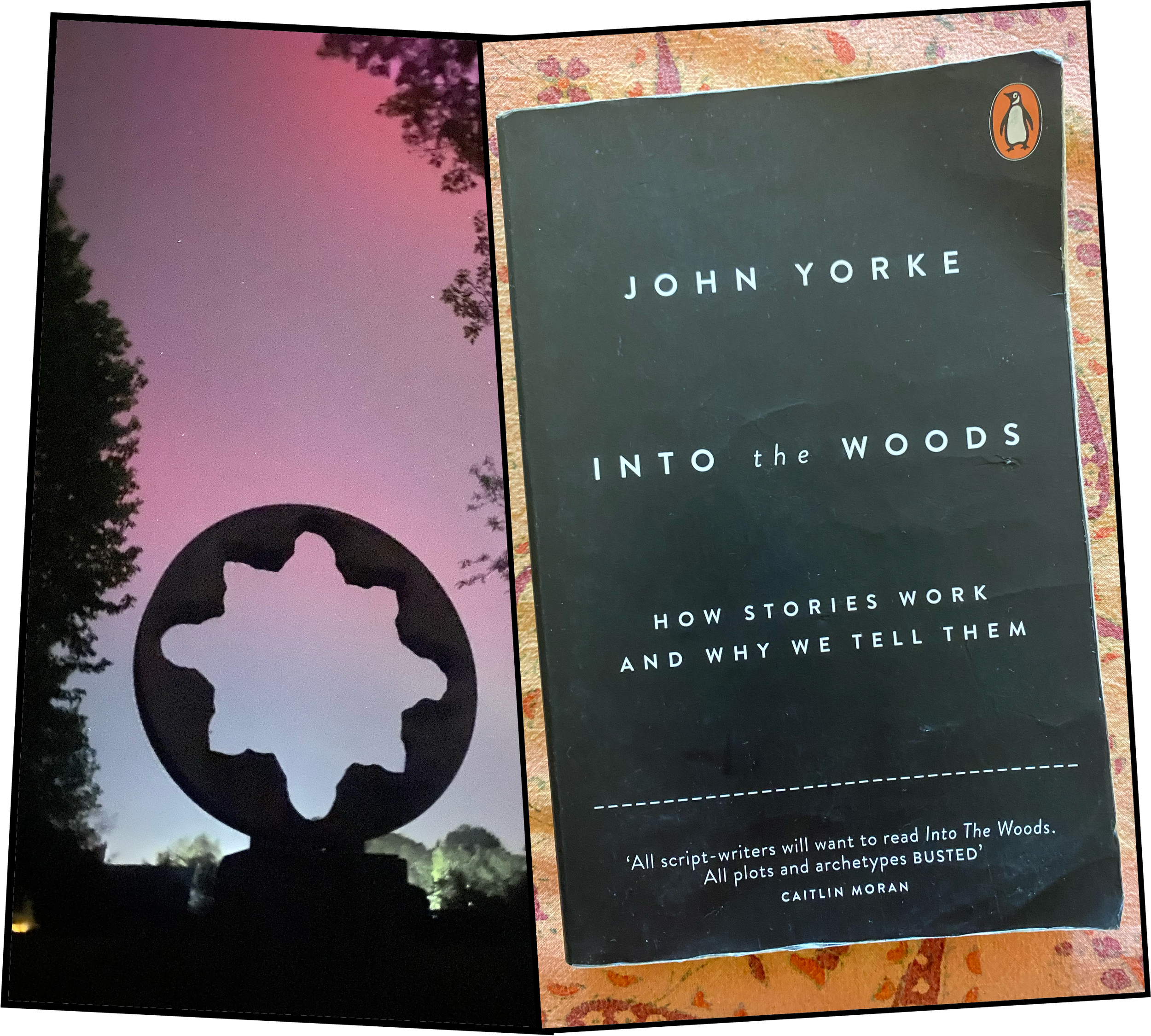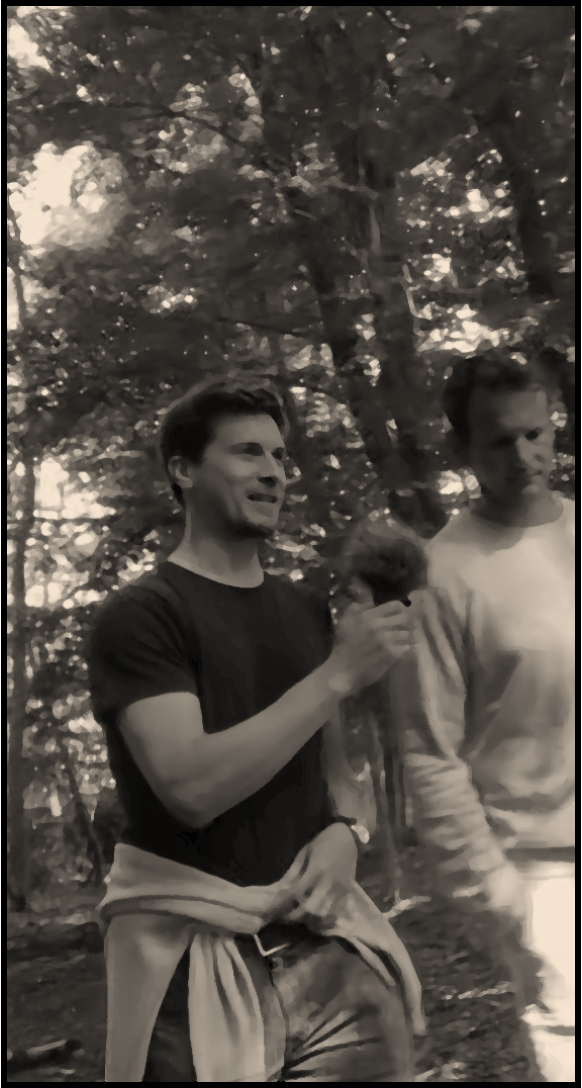EXPLORING THE FRONTIERS OF REALITY AND THE ORIGINS OF STORY
Welcome to Scout In The Woods, a podcast dedicated to the personal stories of ordinary folk who have experienced extraordinary, unexplained phenomena. The show aims to cut through the noise, baggage and stigma of these fringe encounters and make them more accessible to listeners from all backgrounds, no matter your prior assumptions.
Watch our introductory video to learn more:
The ‘hard matter’ of consciousness
An increasing number of channels and programmes are exploring the curious matter of consciousness: its essence and origins. Debates rage around competing models of ‘emergent’ consciousness in the materialist canon; about ‘beyond space-time’ revelations in particle physics; on the ‘hard matter’ of consciousness; and within spiritual circles too.
Scout In The Woods is an indy outlet with its own character and standpoint. We work towards understanding fringe experiences, strange conscious phenomena and other unexplained events by listening closely to folks who have actually encountered them. We foster an appreciation for the impact these events can have on people’s lives, and explore the nature of story alongside these experiences as a compass for personal growth. While aware of our own editorial sympathies, we remain radically open, agnostic and curious about the potential insights to be drawn from these encounters. We canvass the full spectrum of thought from science and philosophy, foreground experiential insights as well as empirical patterns and data where available, and invite listeners to draw their own conclusions.
Paradigm tug-of-wars
Today, there is a growing interest in ‘spiritual awakenings’. Several successful talk shows in this space liberally welcome a range of guests with fascinating experiences and capacities to share. Often with a mystical feel and ethos, these shows reach a growing and captivated audience who appear to be bought into various spiritual dimensions of consciousness. Meanwhile, those sitting on the more skeptical side of the fence may find some of this content too strident - for instance, where unchallenged contributors claim to have insights or capacities beyond what maps onto the listener’s base assumptions about reality.
On the mainstream secular side, radio shows somewhat understandably can carry an air of confidence when debunking ‘far out’ experiential claims versus, say, evidencing traceable brain processes. However, presenters and contributors can also blithely wield unproven assumptions such as, ‘We want to find out how the brain generates consciousness’ (as opposed to neural mechanisms acting, say, as a filter for consciousness, as in ‘Brain Filter Hypothesis’ models); or, ‘When we die, all the evidence suggests we are gone’. Such beliefs act as more than just default philosophical settings quietly underpinning our vast, practical fields of post-Enlightenment knowledge.
Through excellent research and articulation, atheist Anil Seth is one popular voice currently galvanising the mainstream secular argument for a material basis to consciousness. He believes a future series of neuroscientific discoveries may feasibly, eventually, uncover the origins of subjective experience without any recourse to spiritual learnings (presumably for Seth, the spiritual claims are best left alone as inventions of the human imagination). Meanwhile, the assuredness of such voices grates on scientists with more of a spiritual philosophical grounding. Scientists, for example, such as the equally brilliant Rupert Sheldrake.
Sheldrake’s TED Talk ‘The Science Delusion’ was banned in 2013 with 35,000 views, on account of objections from high profile ‘materialist’ voices. At the time, Stephen Pinker refused even to debate the matter of consciousness with Sheldrake, judging it a waste of his time. Yet in an apparent turning of the tide, the same banned video has since amassed over 7.4 million views online; and Sheldrake was surprised himself recently at the opportunity to publish an article titled ‘Is the Sun Conscious?’ (2021) in the Journal of Consciousness Studies. Then just last year, in the Holberg Debate (2023), (‘Does Consciousnesss Extend Beyond Brains?’’), Sheldrake and Seth were pitted against each other in a debate from which both came out with great credit, some surprising points of commonality, and yet a vast chasm still holding them apart.
Could the very fact though that the emergence of subjective experience within neural processes is a claim up for debate be a sign, tentatively, that we are on the cusp of a significant paradigm shift?
A big change in how we understand the world?
While leading high energy physicists continue to explore quantum data, one project recently discovered fundamentals of reality even beyond space-time. Scientists Arkani-Hamed and Trynka unveiled a miraculous not-of-our-world shape with mathematics that vastly improves the elegance of calculations regarding certain particle movements (Google: the ‘Amplituhedron’ (2013) for a generous brain workout).
However, at Scout in The Woods we don’t feel we necessarily need high octane mathematics to convince us that there is something more afoot with subjective experience and what gives us our base reality. After all, as Thomas Kuhn wrote in The Structure of Scientific Revolutions (1962), paradigm shifts are messy and involve social and cultural changes, not just discoveries at the top end of science and academia.
While contemporary science and Western secularism have put so much focus on what can be measured or proven, it’s easy to overlook what people are actually reporting as real and their experiential insights. Take NDEs (Near Death Experiences), for instance. With heaps of data now on the patterns of experiences that people report after coming close to or returning from the point of death, there’s a strange (or perhaps telling) reluctance from secular, materialist voices to engage with the content of these experiences, and what they could tell us about our minds and our journeys through life.
So that's what these first episodes of the Scout in The Woods podcast are about — people I've met recently or people I’ve known for a long time who share with us their extraordinary experiences, which challenge what I too used to think was possible.
The link between consciousness and story?
I have for a long time been fascinated by the nature of story. So one source of inspiration for this research hub is John Yorke‘s ground-breaking publication on narrative structure, Into The Woods (2014). This book left me in awe and yet unerringly dissatisfied with the conclusions Yorke himself drew in answer to his question: why does the same ubiquitous narrative structure exist throughout all stories past and present?
In his commentary, Yorke often pits the ‘rational’ mind against our ‘primordial instincts’ in attempts to shed light on protagonism, antagonism, dramatic tension and character evolution in our texts and films. Well, while I am sure there is resonance between inner conflicts of ‘nature and nurture’ in what we find compelling within stories, I personally found that these dynamics represented an unconvincing explanation for the origins and ‘nature’ of story structure. Specifically, within his analysis, Yorke’s self-evident base assumptions about consciousness align here to a canon of ‘veneer theory’ which has characterised much of Western secular thought on subjective experience. In veneer theory, the human mind is set on a pedestal as the almost-exclusive vehicle for enlightenment, through ‘self-awareness’ and rational self-control; humanity is the generator really of all meaningful experience in the universe; and language and reason, within the Cartesian uber-rational self, prevail as the genie in the bottle of sentience.
This is by no means the only interpretation available though once we recognise the innate structure within stories. On reading Into The Woods and finding such human-centric assumptions about the nature of consciousness, I felt Yorke overlooked the possibility that story structure connects to a far deeper frame for consciousness than the anthropocentric one that Western, secular society has overwhelmingly adopted. So this relationship between the essence of consciousness and the dynamics of story arcs / character growth is a topic we explore in various ways in Scout in The Woods. I will delve into the ‘meta’ side of things in an early episode. But moreover, we are fascinated on this podcast by the personal stories of our guests. We want to understand how people have come to terms with the unusual phenomena they have witnessed, and/or how these experiences fit into wider narrative arcs in their lives.
Other key influences
Scout in The Woods also takes inspiration from productions such as Ariel Phenomenon (2022), and the podcast Otherworld (2022-2024), alongside research from institutions such as the University of Virginia’s Division of Perceptual Studies (DOPS), the international Association for Near Death Studies (IANDS), and devoted independent researchers like Dr Jeffrey Long (see www.nderf.org) and Pim van Lommel (see www.pimvanlommel.nl). These bodies of work have paused to really hear the qualitative side of fringe phenomena and take care of those who have experienced them. Institutions like DOPS ad IANDS have also amassed compelling data points on conscious phenomena which surely cannot be ignored by the dominant, secular narrative for much longer…








